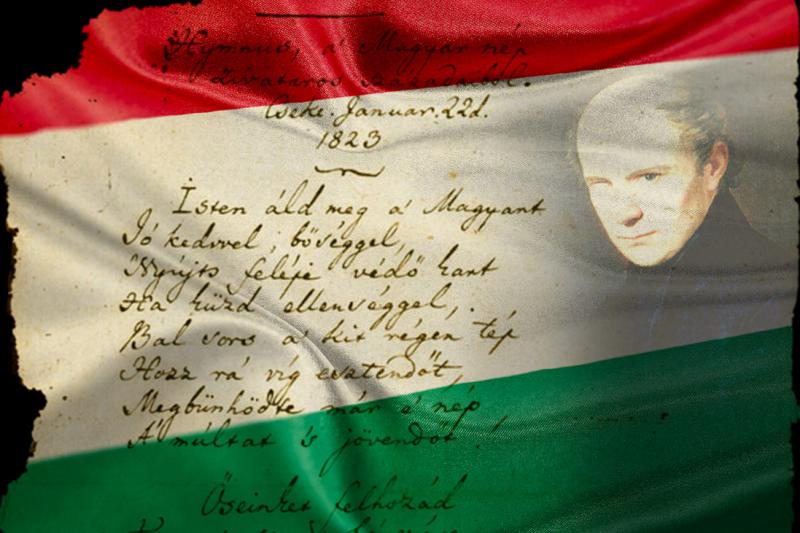How old is one of the world’s most difficult language, Hungarian?

When was the Hungarian language formed, how many people speak it around the world and what are its most beautiful words according to foreigners? Find out some interesting facts about one of the most complicated languages in the world.
Every language is beautiful and unique, although some of them are more complicated than others for foreigners to learn, even on a basic level. Hungarian is definitely one of them.
It is actually among the most difficult languages for English speakers to learn.
There are always exceptions, of course. For instance, the case of an
American actor who learnt Hungarian extremely fast.
Let’s start with the basics. As Katalin Gugán, a scientific colleague of the Research Centre for Linguistics, told index.hu,
the Hungarian language was formed over 3000 years ago, way before its people arrived in its territory of today in the Carpathian Basin.
One of the reasons for which Hungarian today sounds so particular and different from the languages spoken around the country is the fact that this date around 3000 years ago is not the actual time of birth of the language, but the time when Hungarian speakers started to separate themselves from the Ugor language community. The time of the actual formation of the Hungarian language is impossible to know due to the lack of written records, but we know for sure that it happened even earlier. If we had any records of that era, we probably would not understand a word anyway, as the earliest written record of a text probably used at funerals was written with Latin letters, and only some of the terms are understandable for us Hungarians today.
Despite being a relatively small country, about 13 million people speak this complicated and unique language worldwide, putting Hungarian in the 96th position among the 7000 languages of the globe.
Of course, the difficulty of a language and the trouble it causes to learn it is a pretty subjective matter. It depends on the age at which we start learning, our mother tongue and our previous experience with languages in general, whether we studied any or nothing at all. Similarities and common points of two languages make it easier to learn another language perfectly, however difficult others might say it is. For this reason,
learning Hungarian for an Indo-European will be much much harder
than for a Finnish, for instance, due to the similarities Finnish and Hungarian have.
There is a saying about the Hungarian language according to which its words sound like if someone was bleating while talking. In reality, we have encountered very few people who have more or less the same feeling. Of course, it is very subjective and will depend on personal preferences, but the general impression of foreigners is quite different. They find it rather nice and pleasing to listen to, especially some of our words, that for us Hungarians would not even be in the top 100. The reason for this is simply the meaning of these words.
The absolute favourite Hungarian word of foreigners is “cipőfűző”.
Do you find it melodic? It is indeed, but for Hungarians, it is rather funny, as cipőfűző means shoelaces. Not the most romantic word out there. However, even one of our most famous writers, Dezső Kosztolányi, had his favourite word, with which many foreigners agree. “Fülolaj” does sound nice until you think about the meaning. It literally means ear oil. Well, we all have our preferences, right?
Do you know any Hungarian words? (Sparing us from curse words would be appreciated). Which one is your favourite and where did you learn it? Let us know in the comments below.
Source: index.hu, reddit.com


Skriver ni om språket, då ska Ni stava rätt- Det ska vara ” Cipőfűző.” och inget annat.
I think the word “pitypang” which means dandelion is one of the cutest sounding words I ever heard.
Ladybird in Hungarian is nice sorry I can’t spell in HUngarian but shoelace too is one of my favourites in Hungarian.
But when I heard wooden spoon in Hungarian for the first time I just asked what’s the problem.
Remove the Ottoman Turkish, German, Latin and more recently, English, the see what is left. Not much.
Muslinca ….Eng. GNAT.
My favorite Hungarian word is AMICOR, because when I first heard it in Church, I thought, “Now there’s a word I understand,” It means friends right? (Thinking of Latin: amicus).
Wrong. From what I understand now, it means (free translation) “And then it happened.”
But it’s a word I’ll never forget.